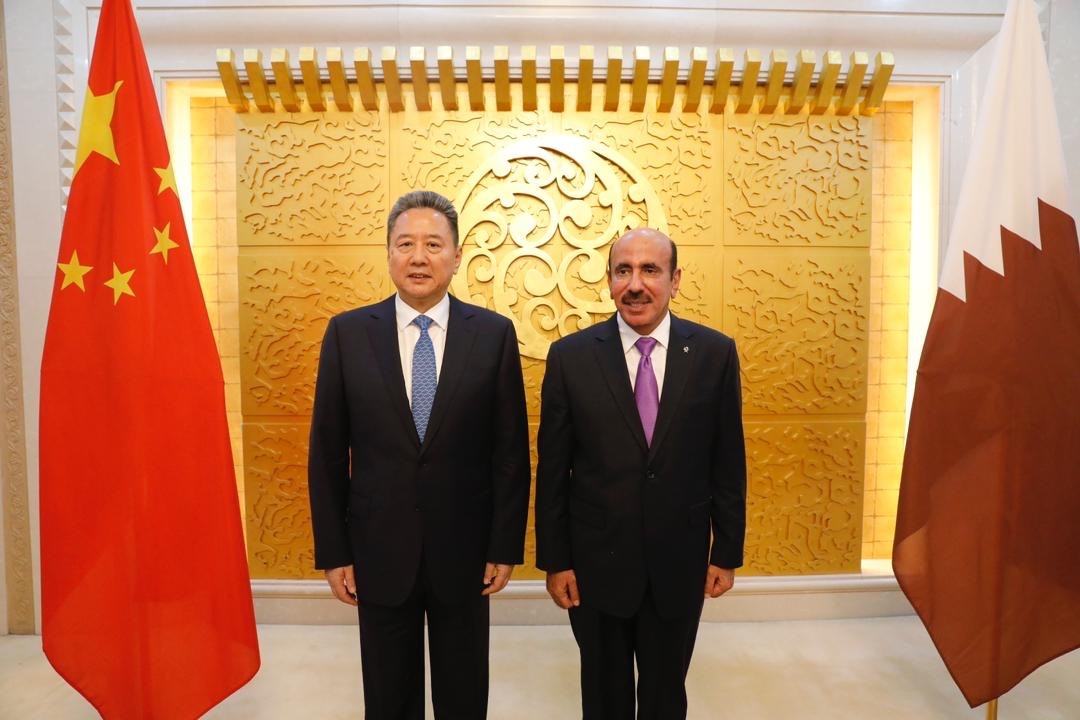The two ministers emphasized the importance of continued collaboration and partnership in the transportation sector, as both countries seek to address challenges such as traffic congestion, air pollution, and the need for sustainable and efficient transport systems. They also discussed the potential for joint projects and investments in areas such as high-speed rail, port infrastructure, and urban transport solutions.
Minister Al Sulaiti highlighted Qatar’s ambitious plans for developing its transport infrastructure, including the construction of a new airport, the expansion of Hamad Port, and the implementation of advanced technologies to improve the efficiency and sustainability of transportation services. He also expressed interest in learning from China’s experience in developing high-speed rail networks and smart transport solutions.
Minister Li Xiaopeng welcomed Qatar’s interest in expanding cooperation in the transportation sector and highlighted China’s strong capabilities in areas such as railway construction, port management, and the development of smart transportation systems. He expressed China’s willingness to share its expertise and best practices with Qatar and to explore opportunities for mutual benefit in the field of transportation.
The two ministers agreed to establish a joint working group to explore specific cooperation projects and initiatives in the areas of transportation and harbors. They also discussed the possibility of organizing exchange programs and training courses to enhance the skills and capabilities of transportation professionals from both countries. Additionally, they emphasized the importance of promoting sustainable and environmentally friendly transport solutions to address common challenges and contribute to the overall development and prosperity of their respective countries.
Overall, the meeting between Minister Al Sulaiti and Minister Li Xiaopeng highlighted the strong and growing partnership between Qatar and China in the field of transportation. By working together to develop sustainable and efficient transport systems, both countries can create new opportunities for economic growth, improve the quality of life for their citizens, and contribute to the global effort to combat climate change and build a more sustainable future for all.











